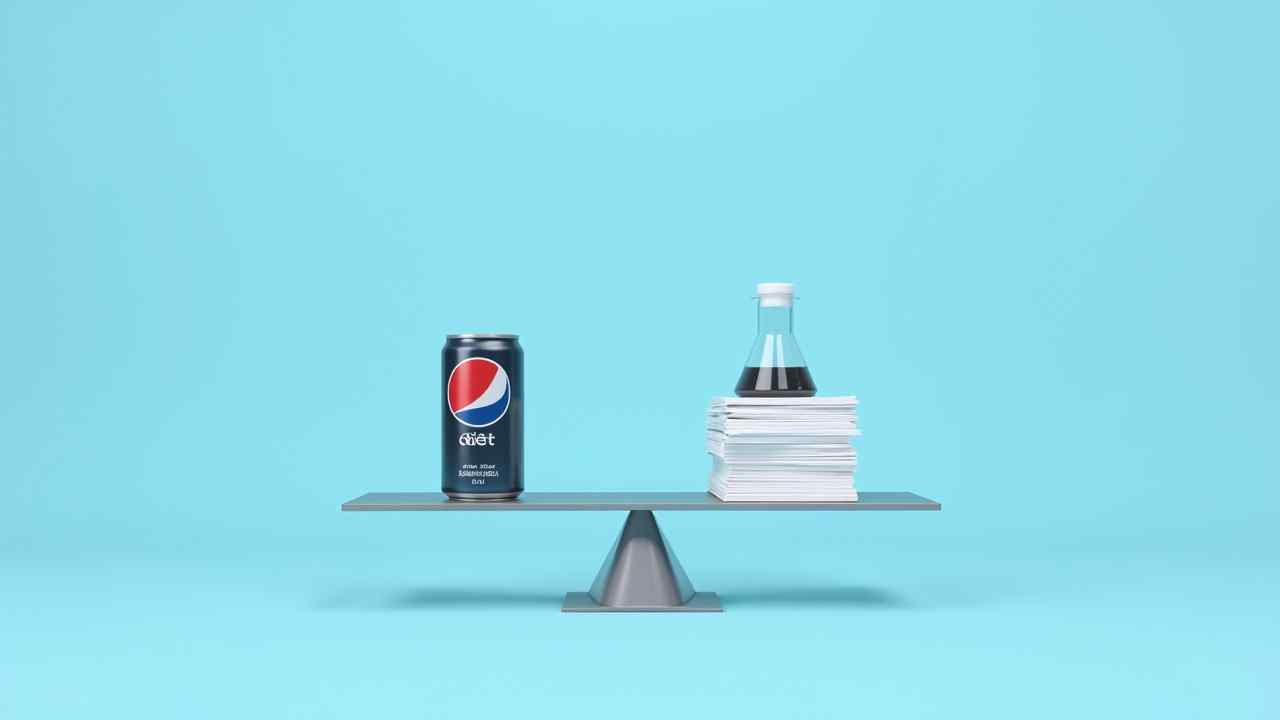
🔬 Do Diet Drinks Give You Cancer? A Look at the Scientific Evidence
🔬 Do Diet Drinks Give You Cancer? A Look at the Scientific Evidence 🔬
The question of whether diet drinks give you cancer is a long-standing concern. These popular beverages are consumed worldwide. Their safety, especially regarding artificial sweeteners, is a major topic of public interest. It is a question that deserves a clear, evidence-based answer.
The conversation can be confusing. You may see alarming headlines one day. The next day, you might hear that they are perfectly safe. This guide will look at the actual scientific evidence. We will also review the official positions of major global health organizations.
Let's separate the facts from the fear. We will explore what the science says about the link between diet drinks and cancer. This will help you make an informed decision about what you choose to drink. 🤔
🤔 What is the Concern About? Which Ingredients Are Questioned?
The central concern is not the drink itself. It is about the ingredients used to make it sweet without sugar. These are known as non-sugar sweeteners or artificial sweeteners. They provide an intensely sweet taste with zero calories.
The most studied and debated sweetener is aspartame. It is used in many popular diet sodas. Other common sweeteners include sucralose and acesulfame potassium (Ace-K). The debate around these ingredients has lasted for decades.
The concern originally stemmed from early studies in laboratory animals. Since then, scientists have conducted extensive research. They have tried to determine if there is a real risk for humans. The results have led to a complex and often confusing public discussion.
⚖️ What Does the Research Say About Aspartame and Cancer?
Aspartame is one of the most thoroughly studied food additives in the world. Large-scale human studies have been conducted. The U.S. National Cancer Institute (NCI), for example, has studied the data. Their research has not found a consistent link between aspartame and cancer.
However, the conversation became more complicated in 2023. The World Health Organization's (WHO) International Agency for Research on Cancer (IARC) made a new classification. They classified aspartame as "Group 2B: possibly carcinogenic to humans."
What does "Group 2B" actually mean?
This classification sounds alarming, but context is crucial. Group 2B means there is "limited evidence" in humans. It is a very cautious category. It is used when a link is plausible but not proven. Other items in this same category include aloe vera extract and pickled vegetables. It does not mean aspartame definitely causes cancer.
✅ What Do Major Health and Safety Organizations Conclude?
While the IARC's classification made headlines, other key bodies came to a different conclusion. These are the regulatory agencies that determine safe consumption levels. Their findings are very important.
The U.S. Food and Drug Administration (FDA) has reviewed the evidence for decades. Their position remains unchanged. The FDA considers aspartame safe for the general population. This is when it is consumed within the established limits.
At the same time as the IARC report, a separate WHO committee, JECFA, also did a review. JECFA reaffirmed the safety of aspartame. They stated that there was no convincing evidence of harm. They did not change the Acceptable Daily Intake (ADI).
What is the Acceptable Daily Intake (ADI)?
The ADI is the amount of a substance that can be consumed daily over a lifetime without significant risk. For aspartame, the ADI is very high. A 150-pound (68 kg) person would need to drink about 20 cans of diet soda every single day to exceed this limit.
⭐ So, Do Diet Drinks Give You Cancer? What's the Final Answer?
Based on the total weight of scientific evidence, there is no proof that diet drinks give you cancer. The world's leading food safety regulatory bodies continue to affirm their safety. The ADI levels are far higher than what most people would ever consume.
The IARC's "possibly carcinogenic" classification indicates a need for more research. It does not mean that your can of diet soda is a proven danger. It reflects a gap in the data, not a confirmed threat.
For the average person, consuming diet drinks in moderation is unlikely to pose a health risk based on current evidence. However, water is always the healthiest choice for hydration. If you have concerns, reducing your intake is a reasonable personal choice. 🥤